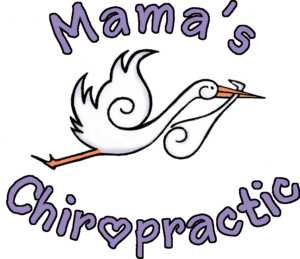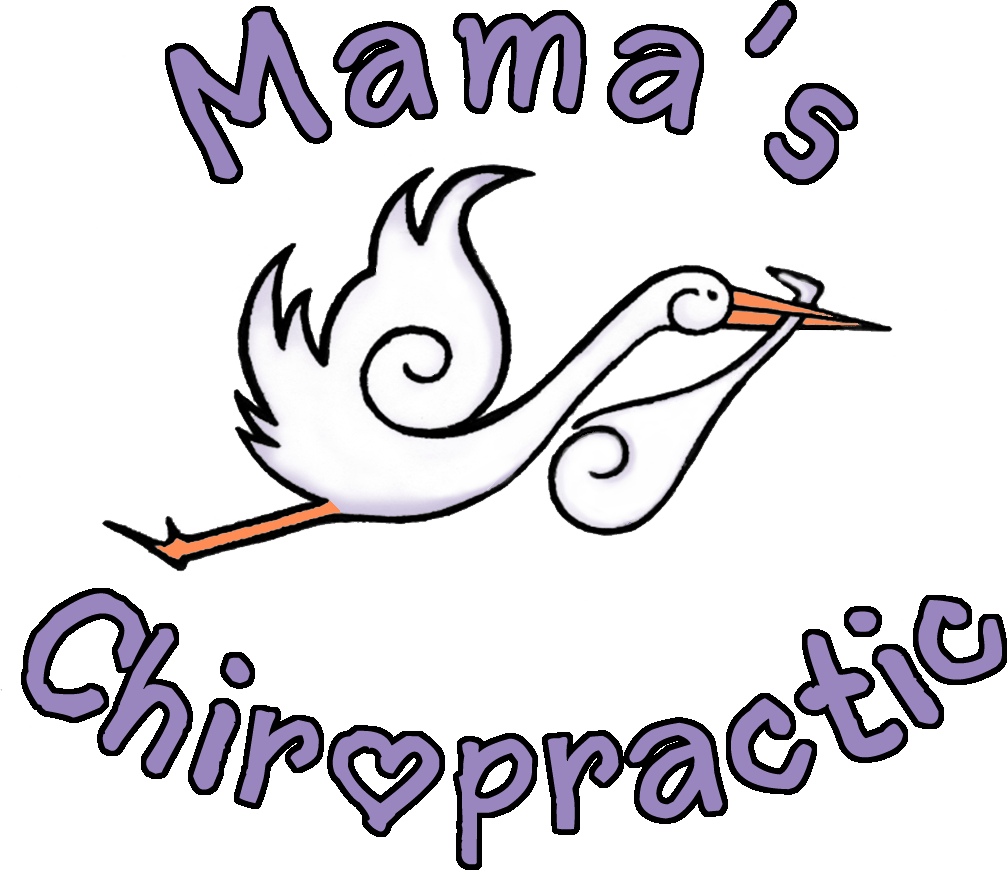Making the decision to delay or not to administer vaccinations is a difficult one. Mothers that do this are often criticized and even insulted. They’re told they’re hurting the baby. They’re threatened and told the baby could die. They’re made to feel like they’re putting everyone at risk. It’s not easy to go against the grain. Know, first of all, that there’s nothing wrong with making a well-informed decision that’s right for your family. But now what do you do? Just wait around and hope? What happens if your child does get one of these diseases? Here are a few things you should know if you’ve elected to forgo the standard vaccine schedule.
What does this disease look like?
One of the most important things to know about any disease that you elect not to vaccinate against is what are the symptoms? Identifying what is wrong with your child beyond WebMD and Googling is very important. You want to understand exactly what the symptoms are for each disease so that you can quickly identify it and begin treating it naturally as soon as possible.
What’s the risk of serious complications?
There’s no doubt that you’ve probably doe your research about each disease prior to making your decision not to vaccinate (or selectively vaccinate). You need to understand the risks associated with each disease and what the potential is for complications associated with it. Understanding the severity or what could happen will help you to best identify your course of action.
What’s the timeline of the natural course?
You’ll need a full understanding of how long each disease will last and how it could impact you. Once your child contracts a disease quarantine is very important, so take into account how long your child might be impacted.
How can I treat the symptoms?
The biggest factor in choosing not to vaccinate is understanding how the symptoms will impact your child. Treating these symptoms naturally will be very important in fostering a faster recovery and managing pain or discomfort in your child.
Making an informed decision is only part of the equation. By arming yourself with the right information, you’ll be able to take action rather than sitting passively by and waiting.






